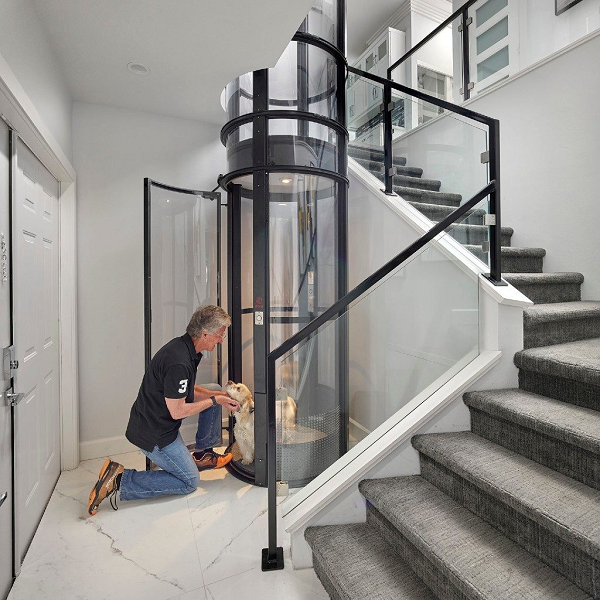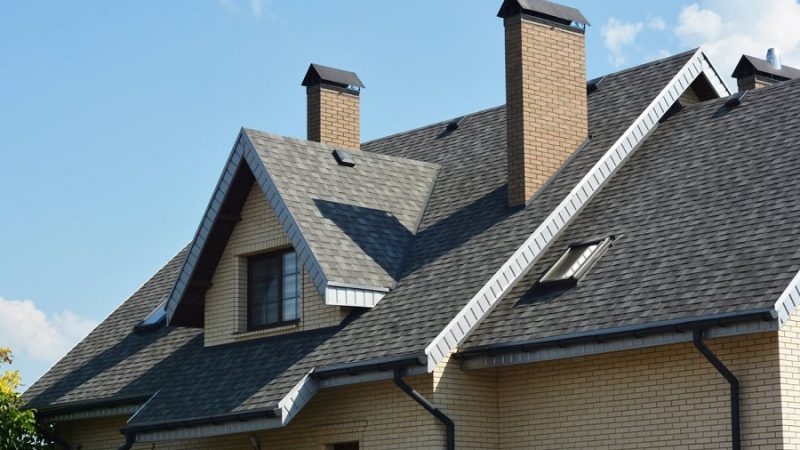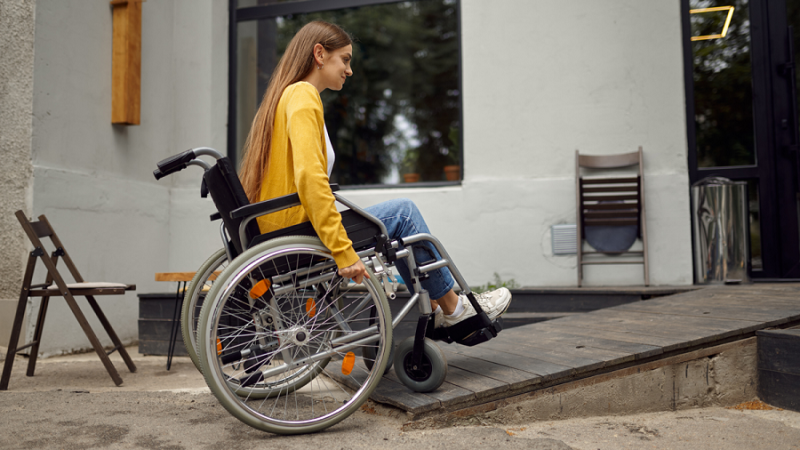Enhancing Home Safety with Residential Elevators

Home safety is a top priority for many homeowners, especially those with elderly family members or individuals with mobility issues. Installing a residential elevator is an effective way to enhance safety, ensuring that every part of the home is accessible without the risks associated with stairs. Here are some key ways residential elevators can improve home safety.
1. Reduced Risk of Falls
Staircases are one of the most common areas where accidents occur in homes, particularly for seniors and young children. Residential elevators eliminate the need to navigate stairs, significantly reducing the risk of falls.
Fall Prevention Benefits:
- Stable Access: Elevators provide a stable platform to move between floors, removing the need to balance or step.
- Elderly Safety: For older adults, using an elevator is much safer than climbing stairs, which can be hazardous due to reduced balance or strength.
- Child Safety: Young children can also benefit from the safety of elevators, as it eliminates the risk of tripping or falling on stairs.
2. Safe Transport of Heavy and Bulky Items
Carrying heavy or bulky items up and down stairs can be dangerous and lead to serious injuries. A residential elevator simplifies this process, making it safer and more convenient.
Safe Transport Features:
- Heavy Loads: Elevators can handle heavy loads, reducing the risk of back strain or injury from lifting.
- Bulky Items: Transporting bulky items such as furniture, luggage, or groceries is much easier and safer with an elevator.
- Multitasking: You can safely carry items while using the elevator, something that’s challenging to do on stairs.
3. Emergency Situations
In the event of an emergency, such as a medical condition or fire, a residential elevator can provide a safer and quicker way to evacuate or move individuals who may need assistance.
Emergency Benefits:
- Medical Emergencies: Elevators allow for quick and easy transport of individuals who may be injured or ill, ensuring they receive prompt medical attention.
- Fire Safety: Modern elevators are equipped with safety features that can be crucial during a fire, such as emergency stop buttons and fire-resistant materials.
- Accessibility: For individuals with mobility issues, an elevator ensures they can evacuate safely without relying on others.
4. Enhanced Accessibility
Accessibility is a crucial aspect of home safety. Residential elevators ensure that every part of the home is accessible to all family members, regardless of their physical abilities.
Accessibility Benefits:
- Wheelchair Accessibility: Elevators can accommodate wheelchairs, making every floor of the home accessible.
- Mobility Devices: Individuals using walkers, crutches, or other mobility devices can easily use elevators without the challenges posed by stairs.
- Inclusive Living: Ensuring all areas of the home are accessible promotes independence and inclusion for all residents.
5. User-Friendly Controls and Features
Modern residential elevators come with user-friendly controls and advanced safety features designed to enhance ease of use and safety.
Safety Features:
- Emergency Stop: An emergency stop button allows users to halt the elevator immediately if necessary.
- Backup Power: Elevators with backup power systems ensure safe operation even during power outages.
- Smooth Operation: Advanced technology provides smooth starts and stops, reducing the risk of jolts or sudden movements.
6. Increased Home Value
While the primary focus is on safety, installing a residential elevator can also increase your home’s value. Prospective buyers often see the value in having a safe, accessible home, making your property more attractive on the market.
Value-Adding Aspects:
- Luxury Appeal: Elevators add a touch of luxury and convenience, appealing to a broader range of buyers.
- Future-Proofing: Buyers appreciate homes that are prepared for future needs, particularly as the population ages and mobility becomes a more significant concern.
- Investment Return: The safety and convenience offered by an elevator can result in a higher return on investment when selling your home.
Conclusion
Installing a residential elevator is a practical and effective way to enhance home safety. By reducing the risk of falls, ensuring safe transport of heavy items, providing a reliable means of evacuation during emergencies, and improving overall accessibility, an elevator can significantly contribute to a safer living environment. Additionally, the added convenience and increased home value make it a worthwhile investment. Prioritize safety and comfort in your home by considering the installation of a residential elevator.







